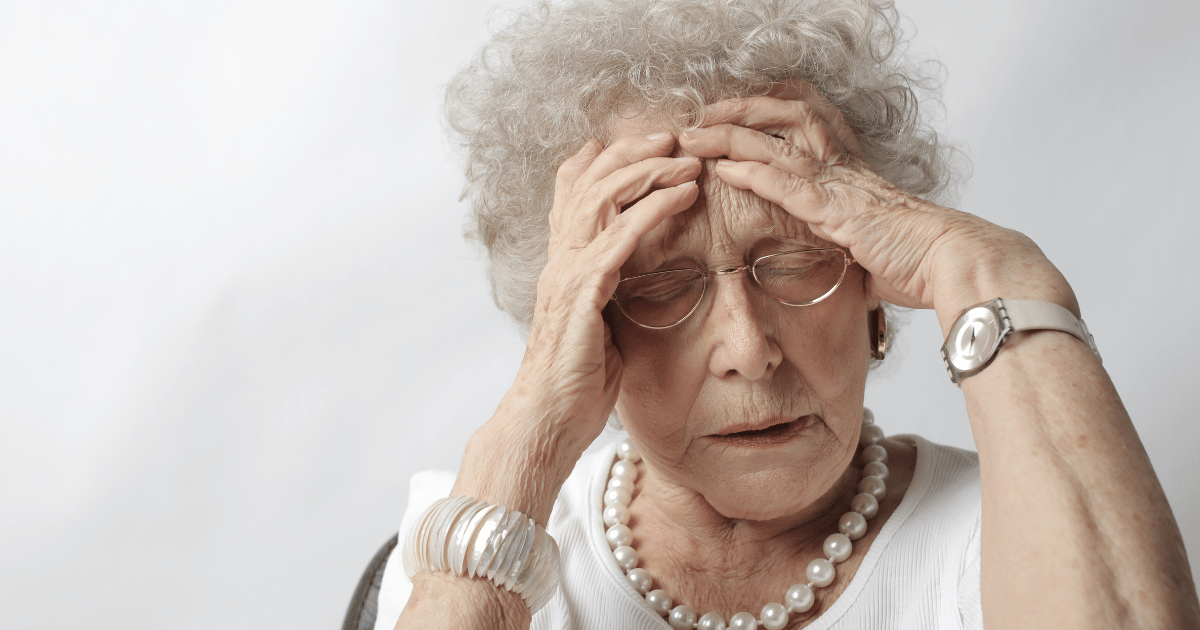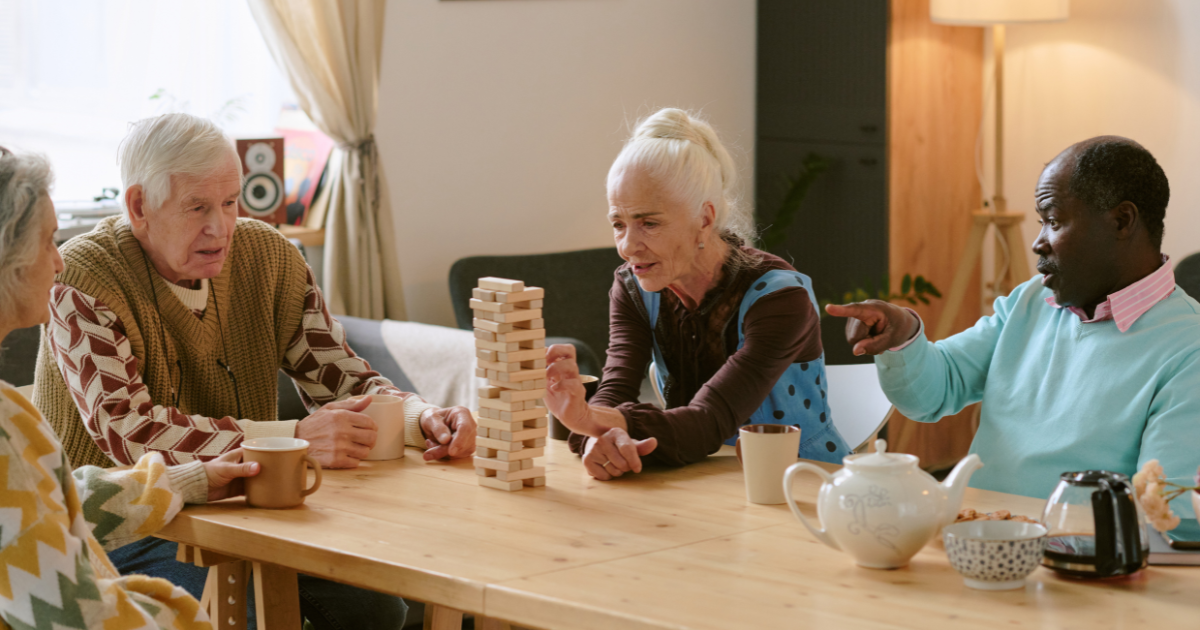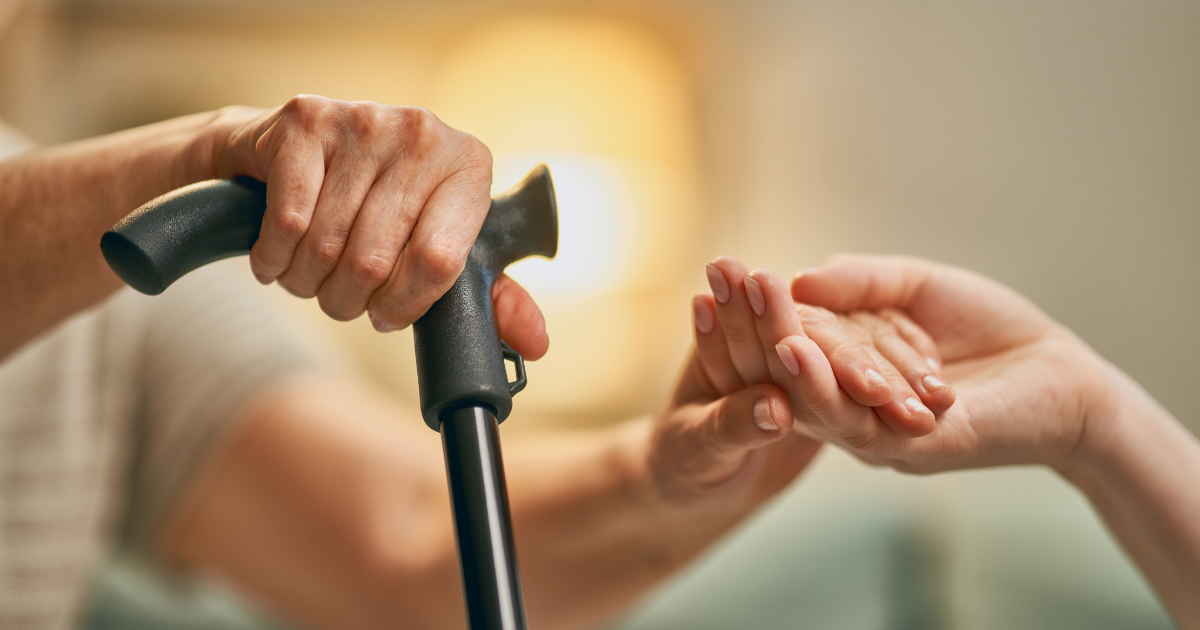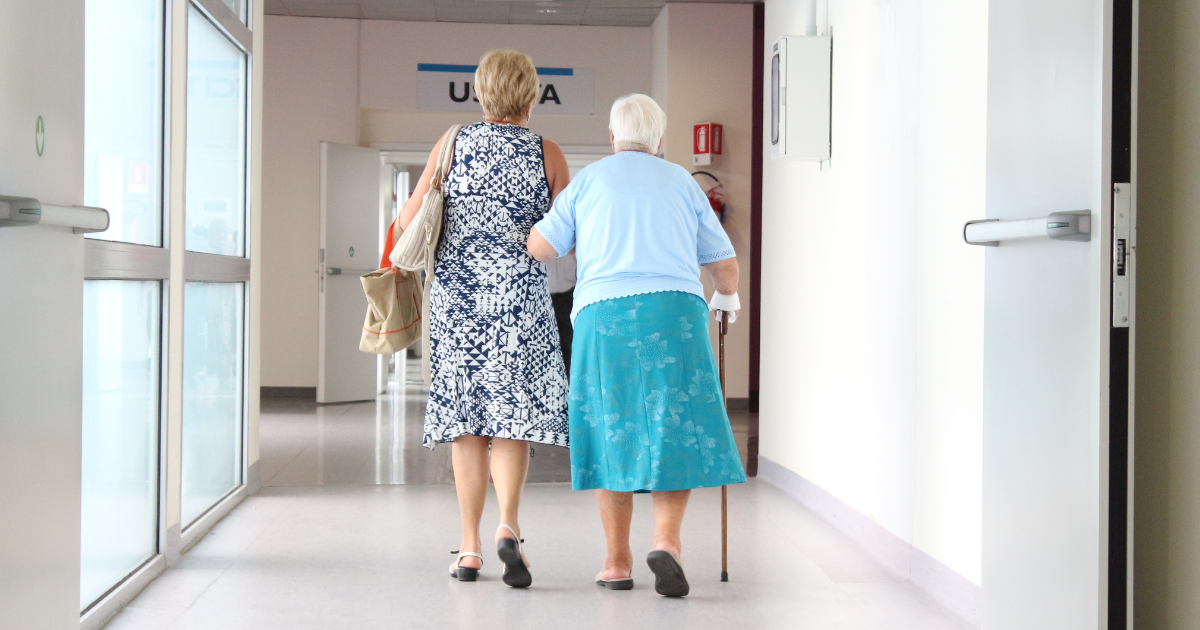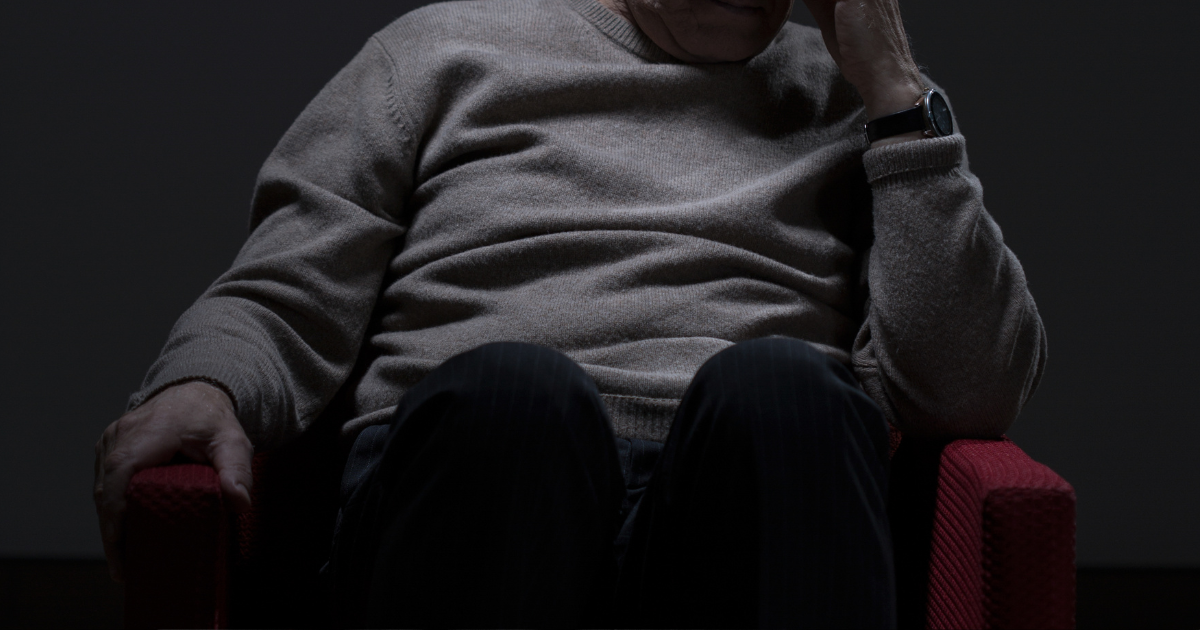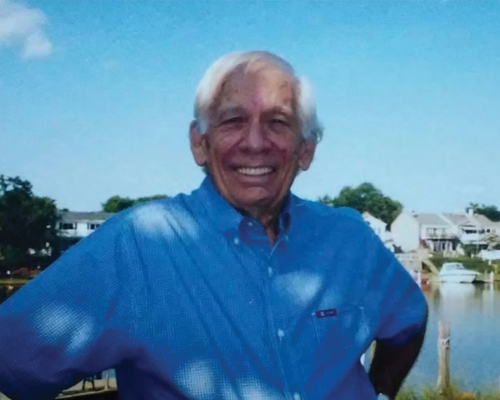How to Prevent Elder Abuse When You're Alone or Isolated
Loneliness is one of the most difficult challenges many older adults face, and it is also one of the biggest risk factors for elder abuse. The causes of isolation vary: the loss of a spouse, disabilities that make leaving the home difficult, family members who live far away or don’t stay involved, economic struggles, or the gradual disappearance of lifelong friends and social networks.
For some, being alone feels comfortable and self-sufficient. However, it’s important to understand that isolation can also create vulnerability. Family elder abuse in particular often happens behind closed doors, where no one is watching. Abusers target isolated victims because they know there are fewer people to notice or intervene. Sadly, family members are often the ones responsible, using secrecy and lies to cover their actions. In extreme cases, older adults may even “disappear,” leaving neighbors and friends wondering what happened.
Why Isolation Is Dangerous
Isolation is more than just a social challenge—it’s a red flag for serious risks. Elder isolation is often the first sign of problems like abuse, depression, dementia, illness, or even suicide. Without regular social contact or outside support, it becomes much easier for abuse—especially elder abuse by family members—to go undetected.
The truth is that elder abuse prevention starts with staying connected. If you live alone or have minimal outside contact, building safeguards and relationships is one of the most effective ways to protect yourself.
Steps You Can Take to Prevent Elder Abuse and Stay Connected
Even if you prefer independence, hate asking for help, or struggle with mobility, there are practical ways to reduce your vulnerability and stay safe if you’re alone or isolated:
- Be prepared for emergencies. Post emergency contacts on your refrigerator where first responders will look. Include your doctor’s number, medication list, allergies, and any health directive documents.
- Check for the USPS Carrier Alert Program. This free service allows mail carriers to watch out for elderly residents who may need help. Ask your local post office or visit the National Association of Letter Carriers (www.nalc.org).
- Look into daily check-in services. Search for a “telephone reassurance program” in your area. These provide a daily phone call to confirm your well-being.
- Meals on Wheels. Beyond delivering food, Meals on Wheels staff serve as a valuable point of contact for socially isolated seniors.
- Use local senior resources. Senior centers, retirement communities, and assisted living facilities often provide in-home care, support services, and social opportunities for older adults who live alone.
- Explore Medicaid options. Visit www.medicaid.gov for home and community-based services designed to support safe independent living.
- Hire professional caregivers. Agencies like www.homehealthcareagencies.com can connect you with trusted in-home care professionals.
- Install a medical alert system. Search “medical alert devices” to find one that offers 24/7 emergency access at the push of a button.
- Consider Home Care Medicine. The American Academy of Home Care Medicine (www.aahcm.org) helps connect patients with doctors who make home visits.
- Use smart technology. Devices like Alexa or Google Home can be programmed to call for help or connect you with others quickly.
- Rely on volunteers. Religious congregations, neighborhood groups, and national organizations often offer volunteer services for seniors. Try your city’s website, Volunteers of America (www.voa.org), or Senior Care (www.seniorcare.com/featured/volunteer-to-help-the-elderly).
Stay Connected & Take Action Now
Isolation is one of the clearest danger signs for abuse like family elder abuse. When older adults live alone without strong connections, it becomes much easier for abusers to hide their actions. However, with the right support systems, resources, and community connections, you can reduce your risk and take meaningful steps toward safety.
If you or someone you love is aging alone, take action now. Staying connected is the most powerful form of elder abuse prevention—and it also protects your dignity, independence, and peace of mind.









